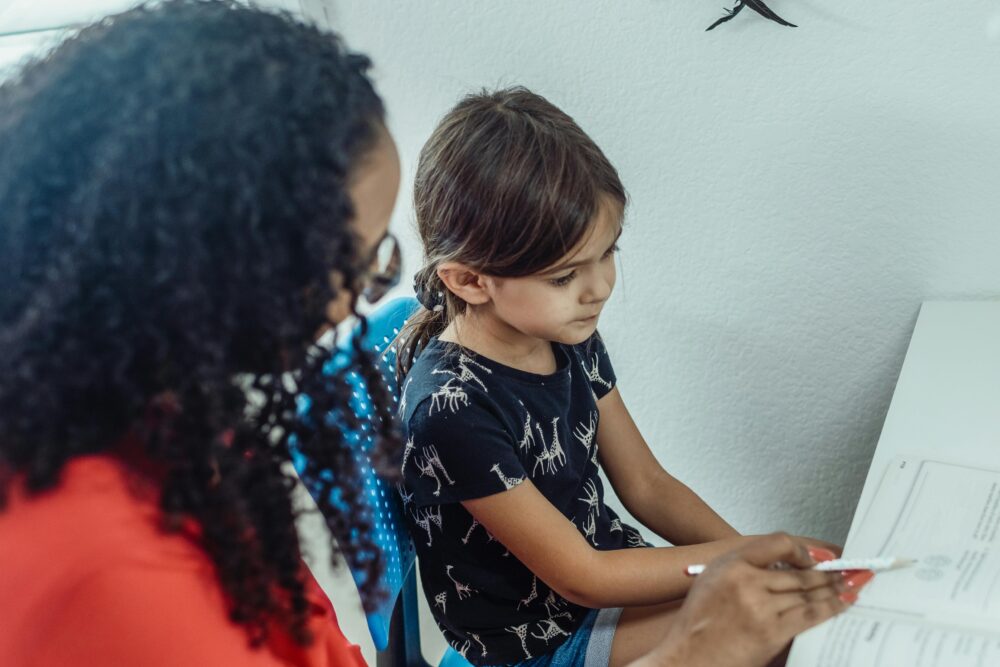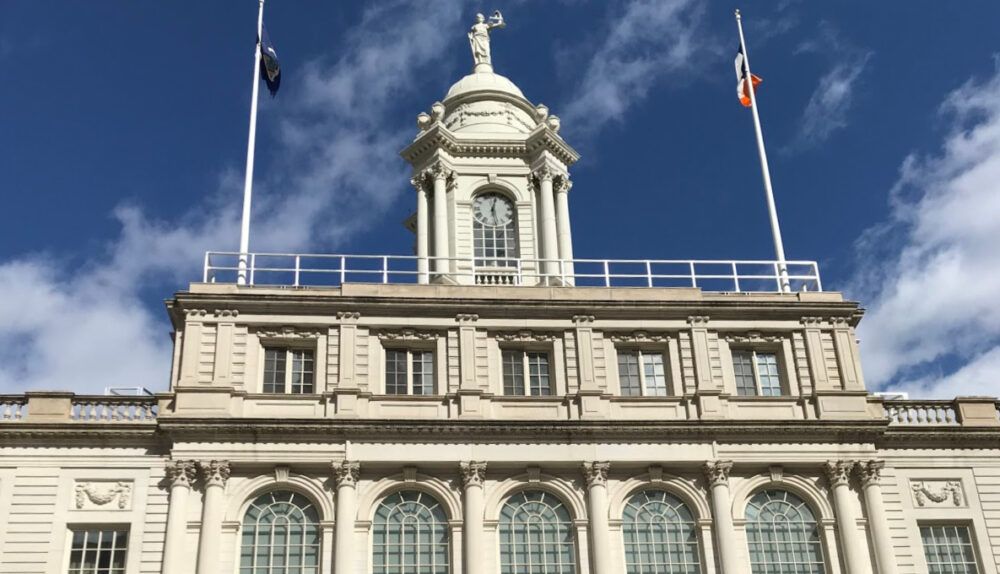AFC Calls on the City to Address the Urgent Need for Make-Up Services for Students with Disabilities
Advocates for Children of New York (AFC) issued the following response to the release of the New York City Department of Education (DOE)’s special education data report for the 2020–21 school year.

The data released today show that 23,000 students with disabilities did not fully receive their mandated special education instruction by the end of the 2020-21 school year. While we are glad to see progress from January 2021, when more than 42,000 students with disabilities were not fully served, there were still more NYC students not receiving their full special education instruction in June than there were students enrolled in all of the Syracuse public schools.
On paper, the report released today paints a better picture than prior years, when even more students were not fully served by the end of the school year. However, the numbers themselves fail to capture the full impact of the pandemic on students with disabilities, who often went without access to instruction or services for substantial periods of time, even if they eventually received services by the end of the year. Throughout the pandemic, we heard from families whose children had to wait weeks or months for an iPad and, in the meantime, received no instruction or services at all. Other families found that their children’s special education instruction or services simply did not translate over a screen, or that their children’s disabilities prevented them from accessing services remotely. Furthermore, the report shows a concerning decrease in the number of initial referrals for special education (9,457 in in 2020-21, compared to 21,922 in 2018-19, prior to the pandemic, and 16,097 in 2019-20), likely meaning that more students went without the help they needed.
Under federal law, the City has an obligation to provide students with disabilities with make-up services to compensate for what they lost, and to bring them to where they should be but for the disruption in learning since March 2020. One year ago, AFC filed a class action complaint in federal court asking the DOE to create a system to provide these make-up services (called “compensatory services” in special education law). However, the DOE has neither resolved the case nor taken adequate steps to ensure students get the services they need and to which they are legally entitled.
While the DOE has announced that schools will be offering certain special education “recovery services” to some students after school or on Saturdays, the start date for actually providing these services has already been pushed back—the majority of schools have not yet launched their programs, and some may not do so until early December or later—and many parents remain in the dark as to what their school will be offering and when their child will be eligible to participate.
The staffing and implementation of these recovery programs are being left to individual schools, meaning the type and quality of the recovery services available to any given student will vary based on the school they happen to attend. We are also concerned that many of the students hit hardest by the pandemic will not have access to these programs. For example:
- The DOE recently indicated that schools can choose to provide recovery services remotely, which will be of little benefit for those students who experienced regression precisely because online instruction was ineffective or impracticable for meeting their specific needs.
- Children needing bilingual services were especially likely to have missed out last year—for instance, the data show that 17% of students needing bilingual speech therapy did not receive a single session of this service in 2020-21, compared to 5% of students recommended for monolingual speech therapy—but many schools will not have bilingual providers available after school or on Saturdays.
- The DOE has not yet committed to providing bus service for after-school or Saturday services, despite the fact that many students will be unable to participate without busing due to the nature of their disabilities or because they live in shelters or foster homes far away from school.
While special education recovery services, as currently outlined by the DOE, can be part of the solution, they will not be sufficient to meet the needs of all students with disabilities following multiple years of unprecedented educational disruption – or to meet the City’s legal obligation. We fear that the City is leaving families with no choice but to file administrative hearings against the DOE to get the full make-up services their children need and have a legal right to receive—putting further stress on an already over-burdened system, delaying the students’ access to these services as they navigate a hearing system that often takes more than a year, and favoring families who have the time and resources to hire an attorney and navigate a lengthy process.
“The DOE’s plan for supporting students with disabilities in the aftermath of COVID-19 continues to fall short,” said Kim Sweet, AFC’s Executive Director. “It is critical that every student with a disability gets the extra help and make-up services they need, in a way that works for them and their family, without having to fight with the DOE to get them. The clock is ticking, and unmet needs from the pandemic will only snowball the more time passes.”


